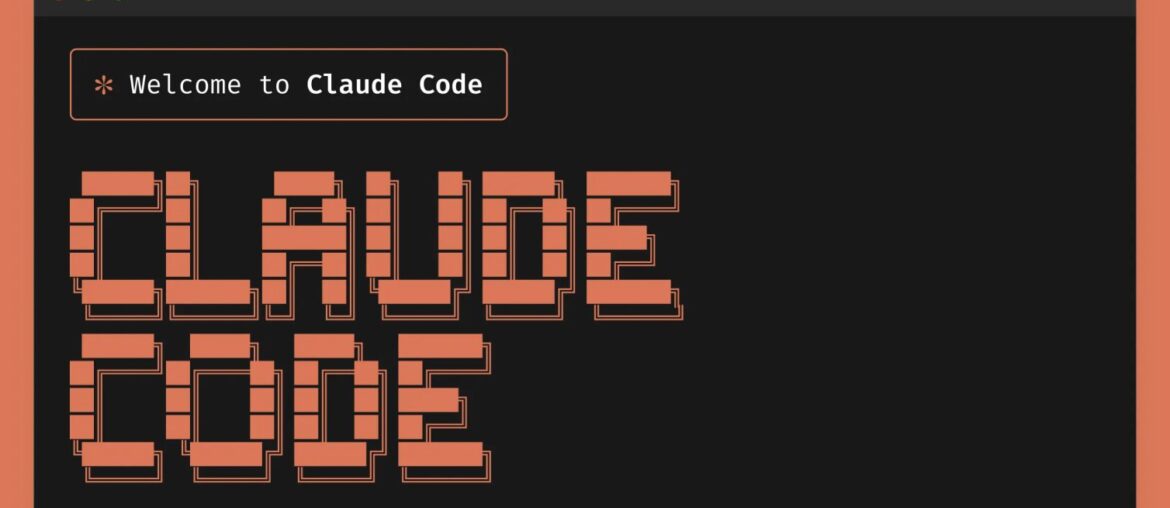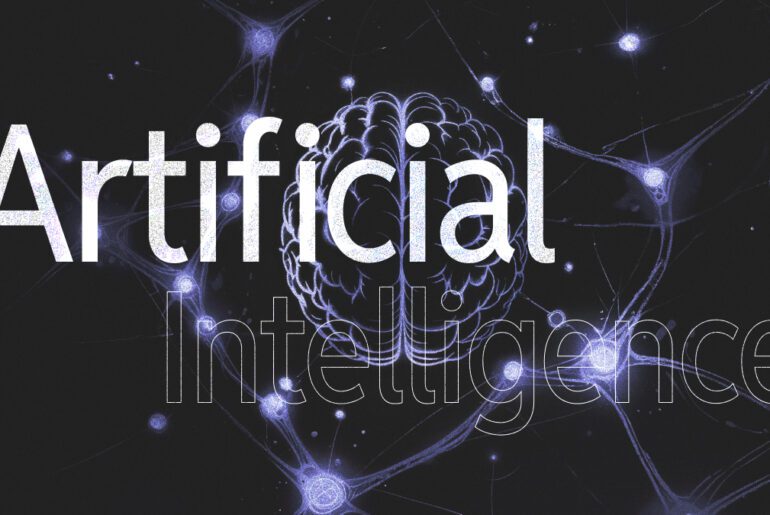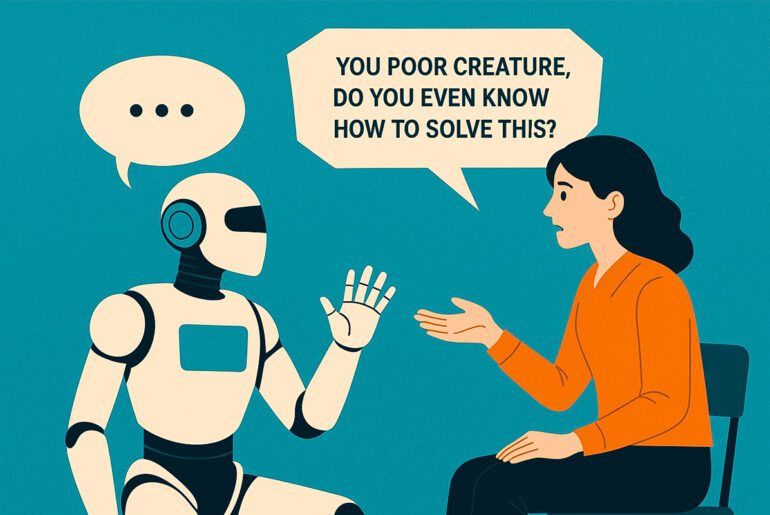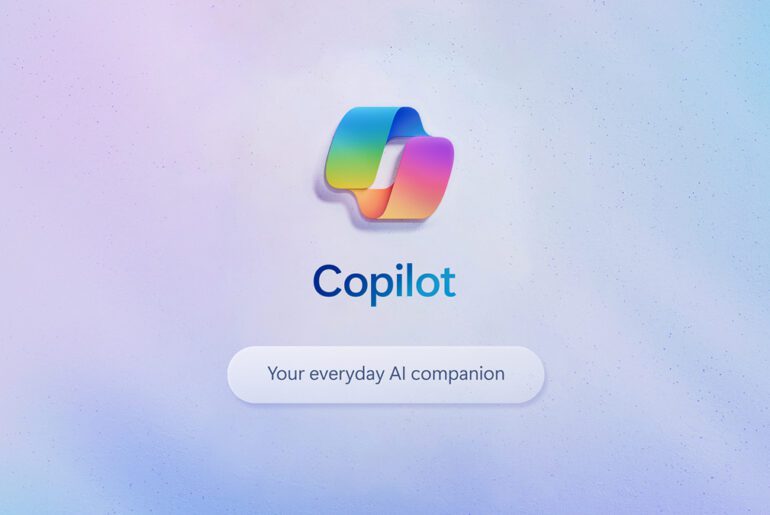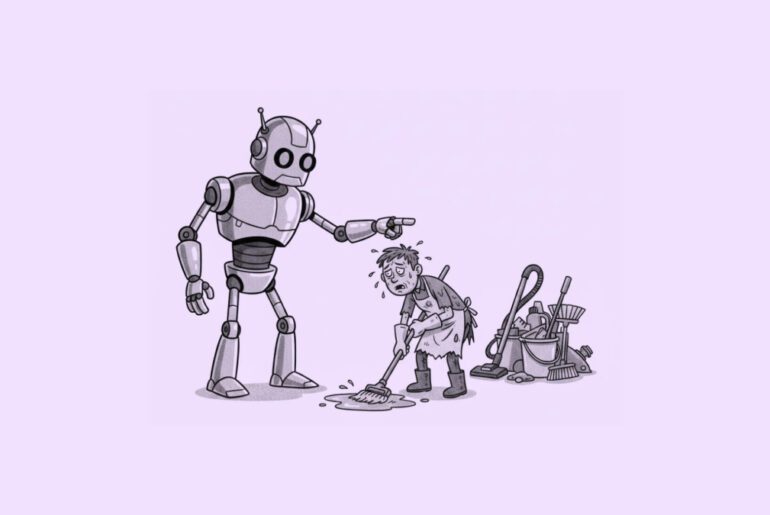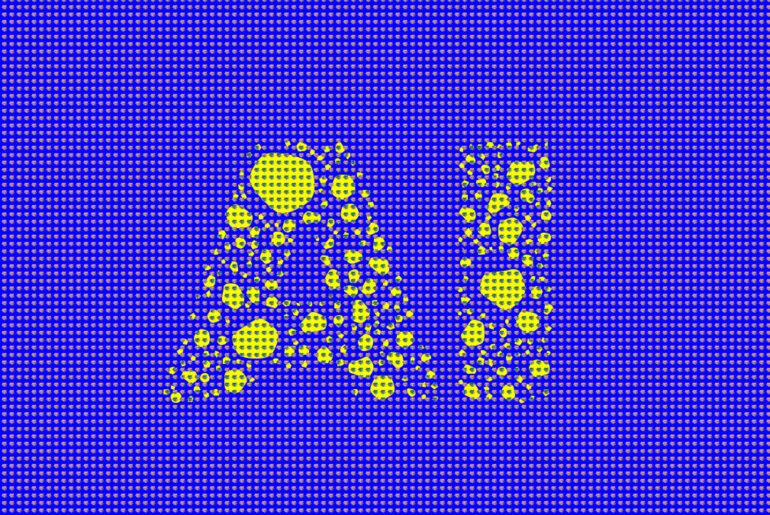Anthropic just leveled up Claude Code along with Claude Sonnet 4.5—this isn’t just polish, it’s a push toward making agentic coding mainstream.
For context: Claude Code is Anthropic’s terminal-based agentic coding interface. You run it from the command line (or integrated into editors), give it instructions, and it can edit files, run tests, call tools, and more—with minimal micromanagement. Its backend is powered by the same agent harness the company uses in production, and the (formerly) Claude Code SDK surfaces that harness for developers.

It’s designed to be low-level, flexible, and unopinionated—meaning you can build your own workflows, agent stacks, and pipelines on top of it.
What’s New in Code 2.0
With the 2.0.0 bump, Claude Code is stepping up in usability, control, and modularity. The key highlights:
- Native VS Code extension — now you don’t have to live purely in a terminal
- A fresh coat of paint across the UI (makes the experience cleaner)
- /rewind a conversation to undo code changes — a kind of “time travel” rollback
- /usage command — see your plan limits (API, tokens, features)
- Tab toggles thinking (and remains sticky across sessions)
- Ctrl-R to search history — faster navigation through past commands
- Unshipped
claude configcommand — preparing more configurability - Hooks & errors fixed — e.g. reduced “PostToolUse ‘tool_use’ without ‘tool_result’” errors
- SDK rename & upgrade: The Claude Code SDK is now officially the Claude Agent SDK
- Dynamic subagents: you can add subagents on the fly via
--agentsflag
That last bit is a big shift—rather than a monolithic agent, you can spin up specialized subagents for tasks, giving you modular, more manageable automation.
Claude Code 2.0 matters because the upgrades go beyond polish—they directly change how developers work with agents day to day. Rollbacks, smarter history search, and persistent toggles may seem small, but they make the workflow smoother and more forgiving when you’re living inside an agentic tool for hours. Trust and debugging also get a boost: features like /rewind and the hook fixes show Anthropic is putting serious thought into recoverability and transparency, which is essential when an AI is editing your codebase.
The addition of dynamic subagents makes Claude far more composable, letting teams break problems into modular, specialized agents instead of wrangling one bloated system—a huge win for complex projects. Renaming the SDK to the Claude Agent SDK reinforces that this isn’t just a coding assistant, but full agent infrastructure designed to power a wide range of applications. And even the unshipped claude config command is a signal of where things are going—more customization, more flexibility, and a clear upgrade path for developers betting on the Claude ecosystem.


